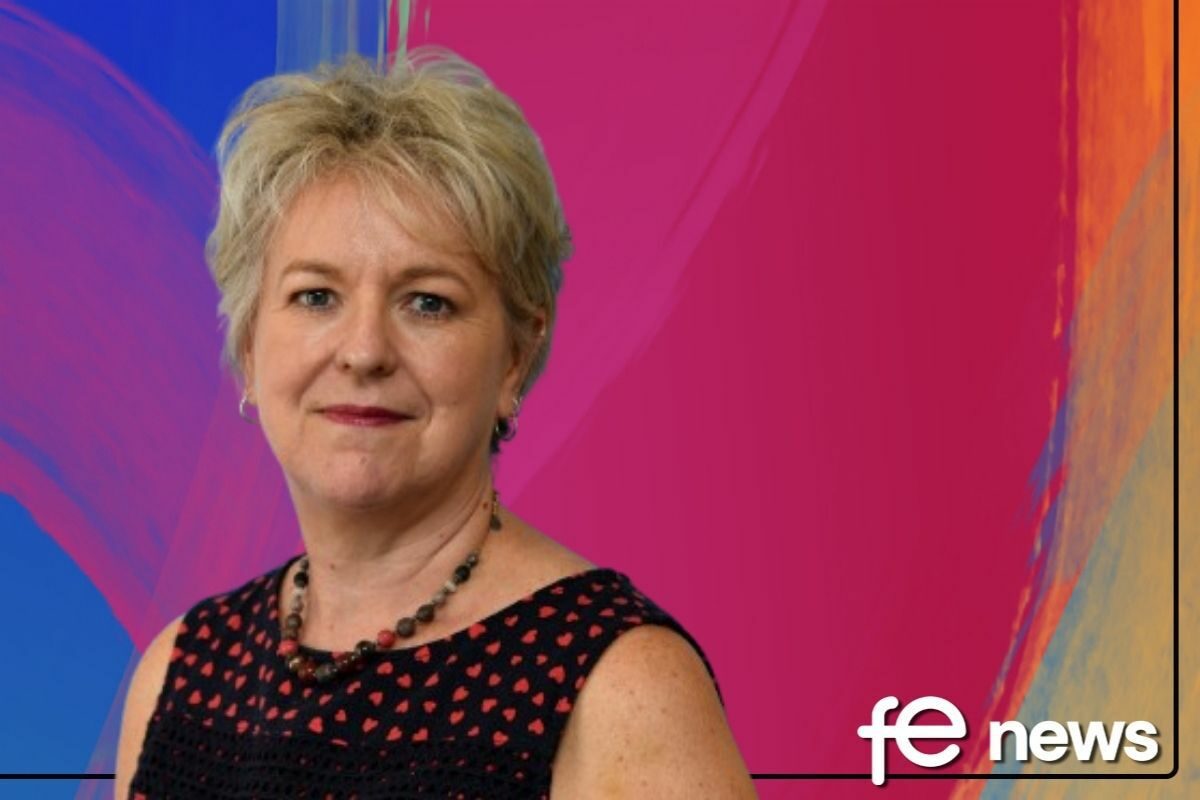Recruit trainee teachers from overseas: accredited ITT providers

How accredited initial teacher training (ITT) providers can recruit trainees who are not UK or Irish nationals.
All overseas nationals arriving to work or study in the UK from 1 January 2021, including those from the European Economic Area (EEA) and Switzerland, will come under the UK’s points-based immigration system.
The type of visa trainee teachers from overseas will need to apply for may depend on whether their teacher training course is salaried or unsalaried.
Unsalaried includes:
- higher education institution programmes
- school-centred initial teacher training (SCITT) programmes
- School Direct fee-funded programme
Salaried includes:
- School Direct salaried programme
- Teach First Leadership Development programme
- postgraduate teaching apprenticeships
Irish citizens will continue to be able to enter, work and study in the UK as they do now.
Trainees from outside the EEA and Switzerland may already need a visa to study or work in the UK. They can check if they need a visa.
Recruit by becoming a visa sponsor
Student visa – for unsalaried teacher training courses
Teacher training candidates will be able to apply for a Student visa to train to teach in England if they are on an unsalaried initial teacher training (ITT) course and:
- they have an unconditional offer from a licensed sponsoring institution
- they can financially support themselves during their studies in the UK
- they can speak, read, write and understand English
Trainee teachers can apply now for a Student visa under the points-based immigration system. They can apply up to 6 months before their course starts if they’re applying from outside the UK and up to 3 months before it starts if they’re applying from inside the UK.
Sponsoring Student visas
To sponsor a Student visa your institution must be a licensed sponsor.
State-funded schools cannot sponsor Student visas.
You can check if your institution is already a licensed sponsor.
If you are an accredited ITT provider that is not a state-funded school and you are not already a Student visa sponsor, you can apply now for a student sponsor licence to prepare for the new system. This guidance covers further information about being a sponsor, including your responsibilities.
Skilled Worker visa – for salaried teacher training courses
Teacher training candidates will be able to apply for a Skilled Worker visa to train to teach in England if they are on a salaried ITT course and:
- they are offered a salaried training place by a school that is a licensed Home Office employer sponsor
- they can speak, read, write and understand English
- their role pays at least £20,480 or the relevant minimum rate for unqualified teachers in England, whichever is higher (minimum rates for teachers are on the Get into Teaching website) – if they work part time, pro-rata rates can be used as long as they earn at least £20,480 a year
Sponsoring Skilled Worker visas
State-funded schools can sponsor Skilled Worker visas.
Schools can check if they’re already a licensed sponsor. If they are already a licensed sponsor, then they will automatically be granted a licence under the points-based immigration system.
Schools can become a sponsor now in preparation for the new system by following this step by step guidance. This guidance covers further information about being a sponsor, including your responsibilities.
Recruit without becoming a sponsor
Some visa routes in the points-based immigration system do not require you to sponsor the trainee.
Graduate visa
International students who successfully complete their degree in the UK can apply for a Graduate visa. This visa will be available from summer 2021 and applicants will need to have been sponsored by a Home Office licensed Student sponsor.
Those on a Graduate visa will be able to study, work or look for work in the UK for up to 2 years after completing their studies (3 years for PhD students) without a sponsor. This includes training as a teacher via either a salaried or unsalaried ITT course.
Teachers on a Graduate visa will be able to apply to switch to another visa route (such as the Skilled Worker visa) without having to leave the UK if they meet the requirements for the other visa route.
Youth Mobility Scheme visa
The UK has arrangements in place with 8 countries and territories to enable around 20,000 young people to come to the UK each year. Applicants must be 18 to 30 years old and can study or work while on this visa without a sponsor. This includes training as a teacher via either a salaried or unsalaried ITT course.
Teachers on a Youth Mobility Scheme visa may be able to apply to switch to another visa route without leaving the UK. They’ll need to meet the requirements for the other visa route.
You can find out more about the Youth Mobility Scheme visa under the current immigration system.
Other visas
Trainee teachers from overseas may be able to work or study in the UK on another type of visa.
Guidance is available about Family visas and the UK Ancestry visa under the current immigration system.
EU Settlement Scheme
Citizens of the EEA and Switzerland living in the UK by 31 December 2020 can apply to the EU Settlement Scheme. If successful, this will allow them to continue living, working, and studying in the UK after 30 June 2021 without applying through the points-based immigration system.
International travel
Global travel, including to the UK, may be affected by coronavirus (COVID-19). Overseas nationals should check their country’s advice as well as the UK’s advice to keep up to date with travel restrictions and self-isolation requirements. The UK government has also published guidance about what to do if you need a visa to travel to the UK and has a coronavirus (COVID-19) immigration help centre.
Further information is available for those affected by changes to UK immigration and borders due to coronavirus (COVID-19).
Entry criteria for ITT
There is more information about ITT entry criteria.
Support for candidates
DfE offers an overseas qualification service for candidates via Get into Teaching. We can provide:
- an initial verbal check to advise candidates on what their qualifications are equivalent to (this service is guidance only)
- a written National Recognition Information Centre statement of comparability, paid for on behalf of the candidate, if the candidate requires one (available only to candidates who have already applied to ITT)
The verbal check is a candidate-based advice service only and provides guidance to candidates on their eligibility before they apply.
The final decision on eligibility still lies with the accredited ITT provider before an applicant enters teacher training.
You should encourage candidates to use this service before applying by calling the Get into Teaching Line on 0800 389 2500.
There is more information for overseas candidates.
Published 16 September 2020
Last updated 6 October 2020 + show all updates
-
Updated to reflect the new Student visa route which has now opened for applications.
-
First published.











Responses